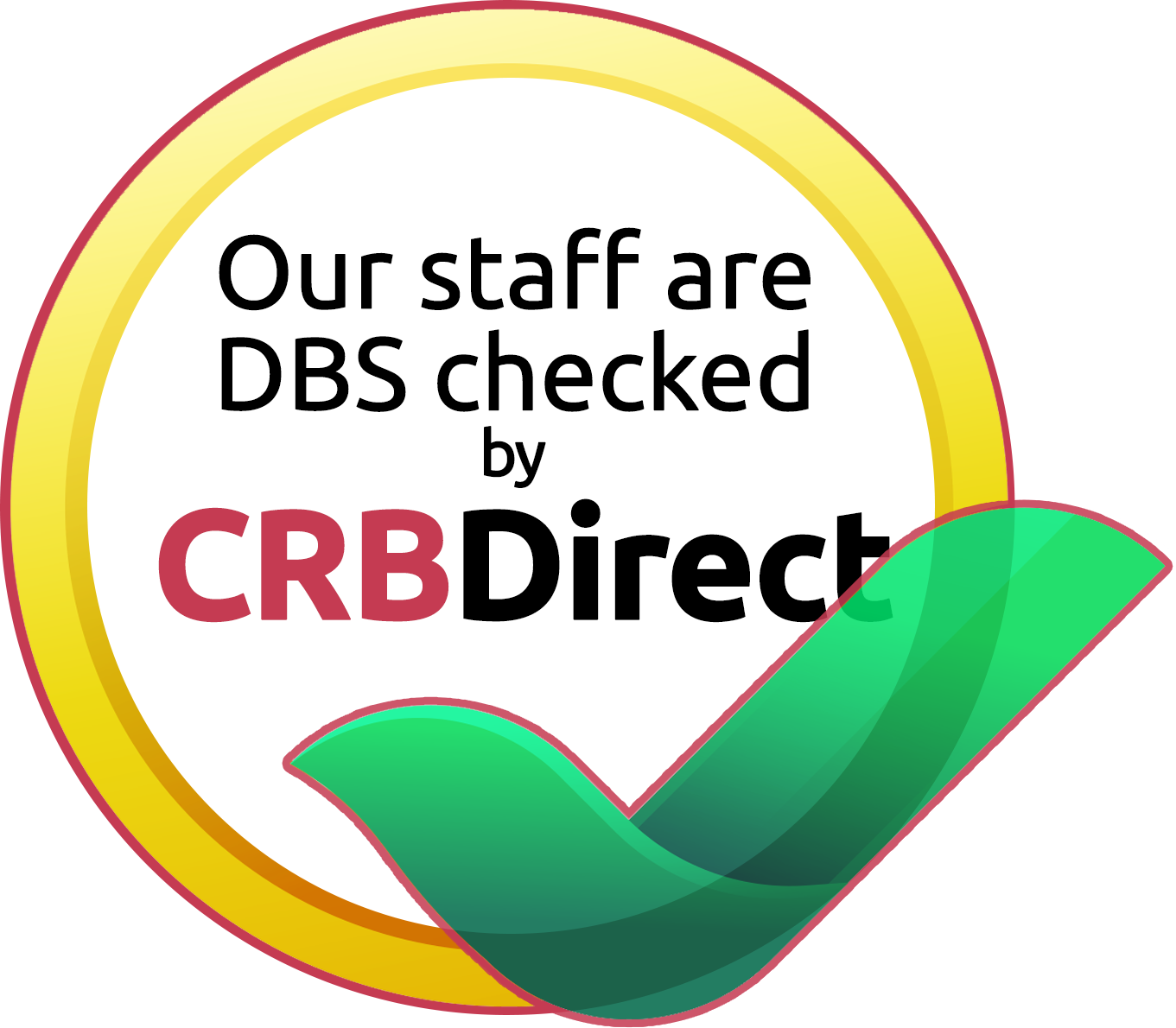There’s a big shake-up underway in taxi driver licensing. The news has been knocked off the front pages by Brexit and other issues, but affects us all. Until now, each local authority in England has been doing its own thing in terms of issuing taxi licences. The new proposals, which include enhanced DBS checks for every driver, will apply nationwide. So how will it all affect you, whether you’re a driver or a passenger?
Don’t taxi drivers have enhanced DBS checks already?
 This is the core problem – some do and others don’t. Until now, each council across the UK has created its own way of licensing. Some do already ask all applicants for taxi licences to have background checks. As well as DBS checks, this includes things like checks on their driving licence and immigration status. Some areas ask black cab drivers to prove they know their way around, others have compulsory English language tests for non-native speakers. Part of the problem is that drivers can “play the system”. A driver who knows, for example, that their spoken English isn’t great can apply for a licence to drive a taxi in a nearby council area and sidestep the requirement entirely. And on a more sinister note, a driver who knows they have a substantial criminal past might opt to get their licence in an area which they know doesn’t check in detail.
This is the core problem – some do and others don’t. Until now, each council across the UK has created its own way of licensing. Some do already ask all applicants for taxi licences to have background checks. As well as DBS checks, this includes things like checks on their driving licence and immigration status. Some areas ask black cab drivers to prove they know their way around, others have compulsory English language tests for non-native speakers. Part of the problem is that drivers can “play the system”. A driver who knows, for example, that their spoken English isn’t great can apply for a licence to drive a taxi in a nearby council area and sidestep the requirement entirely. And on a more sinister note, a driver who knows they have a substantial criminal past might opt to get their licence in an area which they know doesn’t check in detail.
Taxi Licensing Proposals
So the new proposals would change all of that. The idea is that in England, the process would be taken out of the hands of the local Council. In all likelihood the councils would still do the day to day licence work, but the criteria will be set centrally, by the Ministry of Transport. The application for a taxi licence would be the same whether you’re driving a black cab, mini-cab or Uber, in Bristol or Birmingham. To complicate matters just a little, taxi driver licensing is under control of the separate governments in Northern Ireland, Wales and Scotland. However, they are more than likely to implement identical processes to those in England.
What is driver licensing likely to involve?
This isn’t all going to happen overnight, and there will be consultation with industry bodies, drivers and the public to develop the process. We can take a fair guess though. Drivers will still have to prove their immigration status in the UK to make sure illegal workers can’t get behind the wheel of a cab. Drivers will need a full UK driving licence. There is likely to be a basic test of English, to make sure that drivers can understand passengers and read road signs. It also seems likely that drivers will have to apply for an enhanced disclosure.
This is one of the most detailed levels of police record checks. An enhanced disclosure will show all past convictions and cautions which the police think are relevant. A driver with a minor criminal record won’t necessarily be barred from driving. But from a passenger point of view, it should guarantee that you’re not being taken home by a serious, serial offender.
